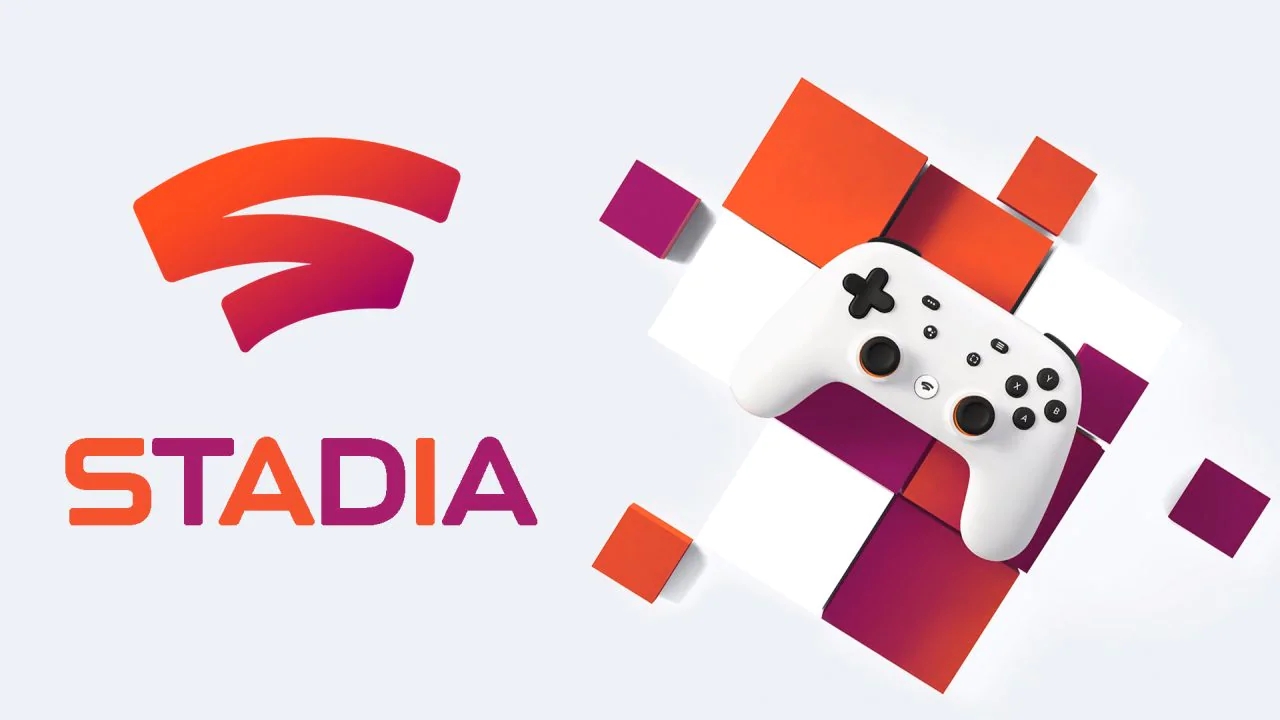Google Stadia was first announced to the general public back in June during the E3 2019. At the same event, Google’s Chief Executive, Sundar Pichai mentioned Stadia terming it as “a game platform for everyone.” With Stadia all set to step into the world of cloud gaming in November 2019, Google will be the first big company to launch next-gen consoles, with Microsoft Project Scarlett and Sony’s PlayStation 5 lined up for launch next year. Interestingly, Google has even sold out the premium pre-order bundle for Google Stadia, called the Founder’s Edition in Europe. And as the Stadia nears its launch, we have yet another update from Google as the company wants to reduce Stadia lag with ‘negative latency’.
In a recent interview with Edge, Stadia’s VP of Engineering Madj Bakar said that the platform will be more responsive than consoles.
Here’s the excerpt from Edge:
But latency is the thing that gets the most attention. And while it’s already proven to be more than playable, [Madj Bakar, VP of Engineering] expects further improvements. “Ultimately, we think, in a year or two, we’ll have games that are running faster and feel more responsive in the cloud that they do locally, regardless of how powerful the local machine is,” he claims. These improvements will come via a term which sounds rather slippery. “Negative latency” is a concept by which Stadia can set up a game with a buffer of predicted latency between the server and player, and then use various methods to undercut it. It can run the game at a super-fast framerate so it can act on player inputs earlier, or it can predict a player’s button presses. These tricks can help the game feel more responsive, potentially more so than a console game running locally at 30fps with a wireless controller.
So the main motive behind using ‘negative latency’ is to predict gamers’ moves thereby, outperforming every console.
Recently, the Director of Games at Google Stadia, Jack Buser took part in a Kinda Funny’s Youtube Podcast, reassuring viewers that Google Stadia Multiplayer offers a way better gaming experience than any current console could offer and all because of its ultra high bandwidth connection it plans to offer.
Google Stadia launches in November with initial plans to be launched in United States, Canada, the United Kingdom, France, Germany, Italy, Spain, Sweden, Norway, Finland, Denmark, Ireland, the Netherlands, and Belgium and will expand further to other countries over time. Since Google Stadia is the first cloud gaming offering to the gaming world, it would be really interesting to see how it performs. Moreover, Microsoft’s Project XCloud is also up for beta testing this month.

